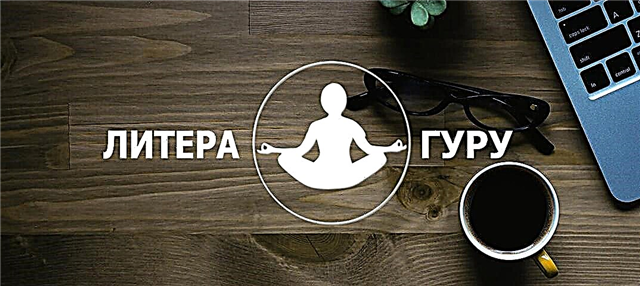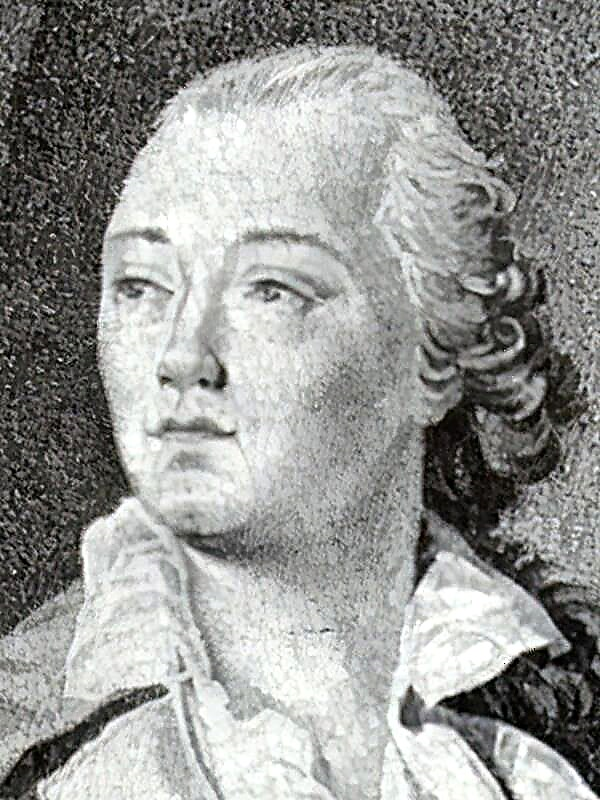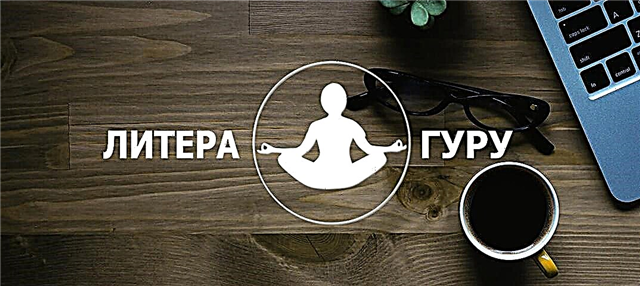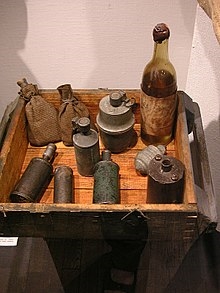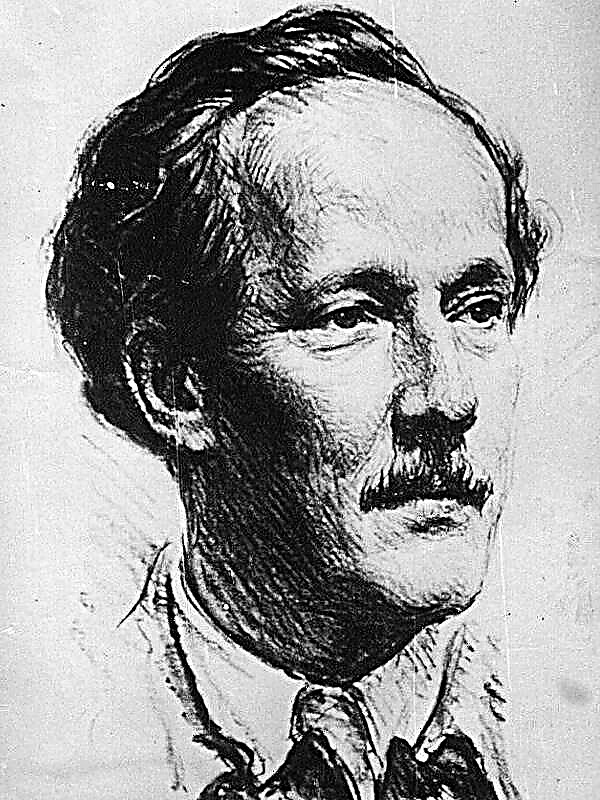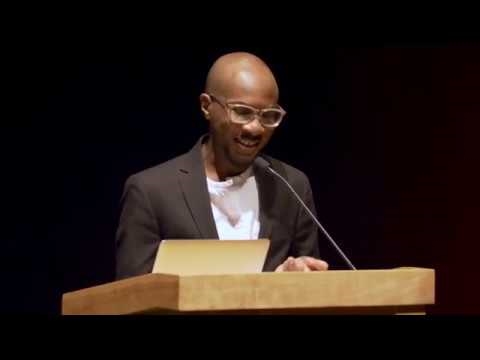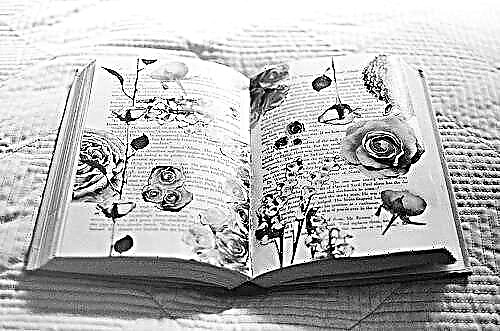What awaits every 11 classics at the end of the school year? Exams, admission to college. But often teenagers, plunging into hard training, forget about such an important detail as “dvi”. This “beast” is faced by those who want to enter the faculty of journalism. What is dvi, and how to prepare for it?
DVI is an additional entrance test. First of all, it sets the task of checking the following skills for applicants:
- Creative thinking
- Grammatically correct speech
- Free orientation in current events
- The ability to analyze information
- Knowledge of the history of Russia
However, the problem is that each university reveals this in different ways. So that you do not have to rush to study the program for all universities in a hurry a week before, you should find material in advance, prepare it from the beginning of the year, because the amount of necessary knowledge cannot be mastered even in a month. Below is an analysis of the doors at MOSCOW universities, as well as materials for training.
Moscow State University Lomonosov
In the ranking of the best universities that host future journalists within their walls, Moscow State University ranks first. Therefore, it will be difficult to enter there.
DWI consists of two parts (held on the same day)
- The writing
- Editorial assignment (work with a historical event)
When writing an essay, an applicant must choose one of two topics, interpret it creatively, confirming his position with real facts. As a rule, one of them is connected with history.
What you need to include in the work:
- Real facts that confirm your position (from literature, media, history);
- Creative approach (unusual introduction, adherence to a certain concept);
- YOUR reasoning. You need to clearly state your position on a specific issue;
- Competent speech;
- References to the modern press / literature.
The key to failure are:
- The standard "set" of arguments;
- Lack of arguments;
- "Spreading in thoughts";
- Lack of logic;
- Deviations from the topic.
However, the second task, the editorial one, causes a lot of difficulties. The applicant is invited to experience the work of the editor and select material on one of the two proposed historical events. It is necessary to indicate three contemporaries (not fictional) and ask them questions that help to obtain information about a particular event.
Work plan:
- 2-3 sentences in which the event is briefly described;
- Name (preferably), last name (required) of individuals, each with three questions;
- Conclusion (In this part, the mention of the media in which it would be appropriate to publish this material is welcomed).
Include in work:
- Real persons (possibly foreigners) who were related to a certain event;
- Specific issues leading to additional information (not generally known);
- Non-standard personalities;
- Publisher where the article can be printed;
- The date of the event (preferably), the situation in the country;
- The correct formulation of the issue, the ability to conduct dialogue.
To avoid:
- Typical questions (“In what year did it happen?”, “What did it lead to?”, “What is the reason?”);
- Double questions ("How.? And why?");
- Unspecified wording;
- Mentioning personalities of another era;
- Providing an answer to a question.
How to prepare:
- Repeat the main events of national history;
- Monitor the media, especially those where historical material can be posted (Amateur, Snob, Arguments and Facts, Medusa, etc.);
- Explore the media of different eras.
HSE
As in Moscow State University, the two-stage consists of two stages:
- Writing journalistic material on electronic media;
- Oral interview.
In the first round, the applicant is invited to write a work in a particular genre (informational selection, review, essay). Each genre has its own set of topics. When completing the assignment, it is allowed to use the Internet on the issued computer.
What to include in work:
- Reliance on socio-political facts in disclosing the topic
- Qualitative analysis of relevant information
- The nature of the publication in which this material may be published (preferably)
- Creativity
- Indicate the links used in the preparation of the material.
IMPORTANT: the work is strictly checked for anti-plagiarism. The share of borrowing should not exceed 30%. In a different scenario, the work drop out of the competition.
The oral tour is a conversation with the jury, during which the creative abilities of the applicant, the ability to conduct dialogue, and general cultural development are tested. Evaluation criteria can be found on the website.
IMPORTANT:
- Defend your point of view;
- Demonstrate interest in a future profession;
- Express your thoughts clearly and competently;
- Have an idea of the political, economic situation in the world.
How to prepare:
- Repeat the history of Russia, foreign countries, especially modern;
- Every day to read / watch / listen to news, analytics;
- To increase the level of cultural development (books, films, geographical knowledge);
- Get familiar with the main genres of journalism.
RSUH
At RSUU, the applicant will have to complete a test consisting of 20 questions. The work includes three blocks:
- Analysis of the poetic text (A1-A8);
- Analysis of the prosaic text (B1-B8);
- Analysis of critical articles (C1-C8).
How to prepare:
- Reread articles specified in the specifier;
- Repeat the years of life of writers, the stages of their work;
- Repeat literary terms, poetic dimensions;
- Recall the plot of the works given in the specifier (see above).
- Be an active reader of our magazine, where the rubric with analysis of works is updated weekly.
RUDN
The entrance test program consists of two parts (conducted in two days):
- Professional entrance test - a test consisting of 50 questions on a variety of topics;
- Creative entrance test - an essay on a free topic (5 topics are offered for choice).
What to include in the essay:
- Arguments confirming your position (preferably from modern media);
- An unconventional approach to the topic;
- Accurate handwriting, lack of blots (in 2018, points were scored for corrections in the work).
You can familiarize yourself with the evaluation criteria on the institute's website.
How to prepare:
- Read Russian and foreign media throughout the year;
- Repeat the story of popular media;
- Read about prominent journalists;
- Know the details of future and past major events (Olympics, World Cup);
- Read about the economy, politics of foreign countries.

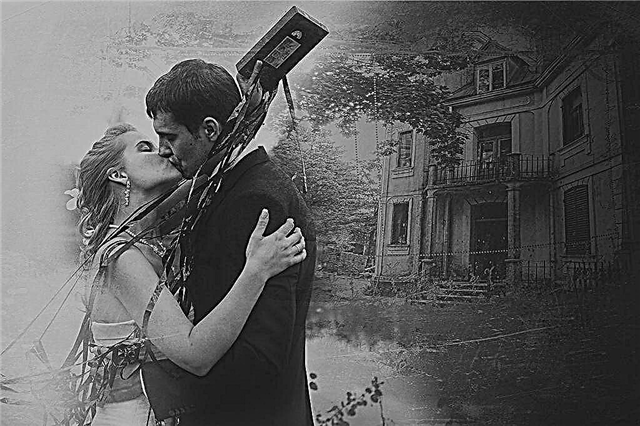

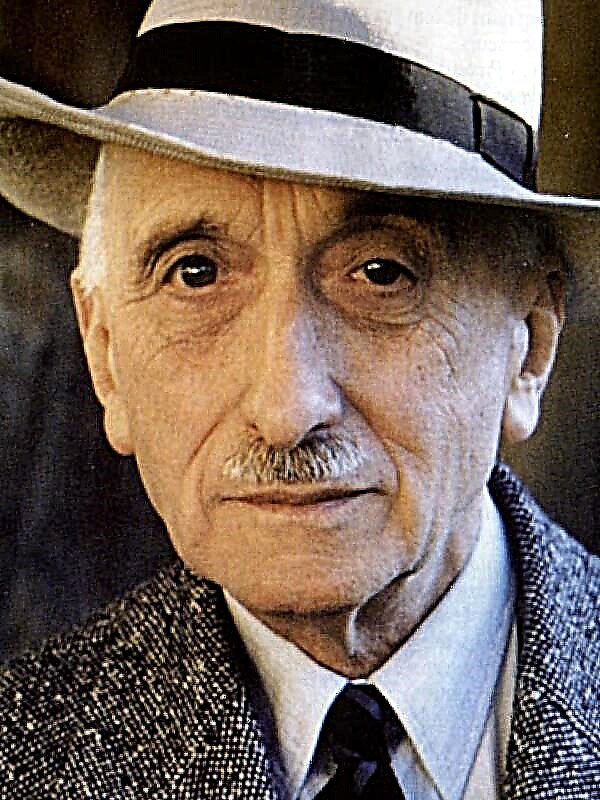

 twelfth Night
twelfth Night